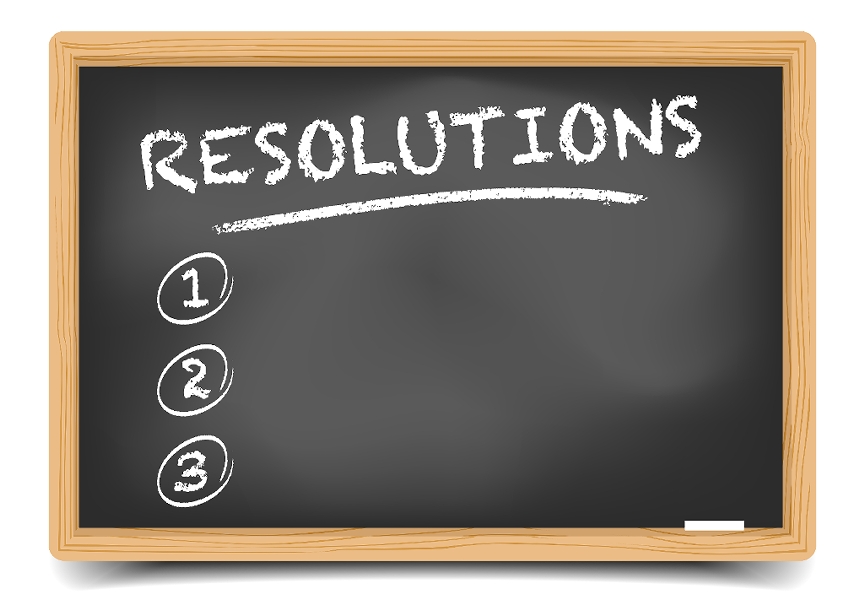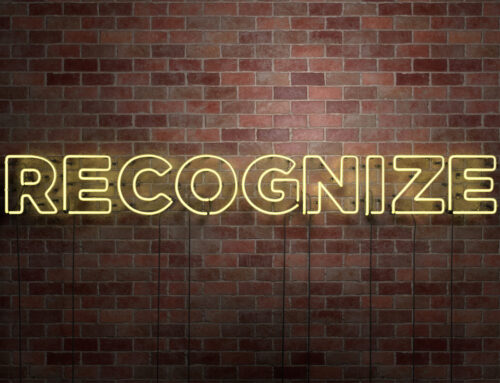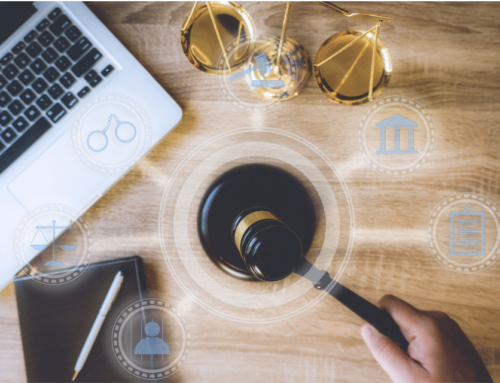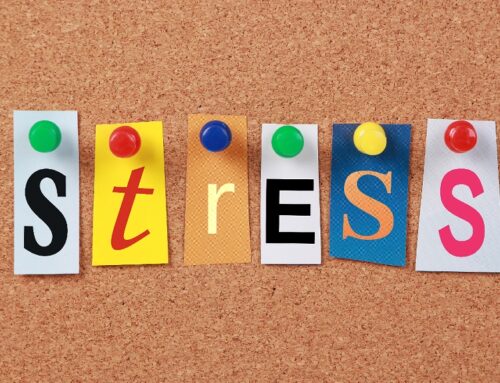Several weeks ago I had the urge to bake. It’s one of my favorite hobbies, and I was trying to pass the time on a cold, dreary Saturday afternoon. As I combed through my recipes, I found an old gem – chocolate peanut butter bars – that I hadn’t baked in a number of years. As the warm bars cooled, I snuck a corner just to taste. After all, as the baker of said bars, I couldn’t serve them to others without first making sure they were delicious. The soft, warm peanut butter crust melted in my mouth, along with the gooey chocolate peanut butter topping. As I cleaned up, I cut another piece. Then another. By the next morning, my husband and I had polished off the entire pan. What the hell!
Welcome to one of the biggest threats to your willpower – the “what-the-hell effect.” The what-the-hell effect describes the cycle of emotions and reactions you experience when you indulge, regret what you’ve done, and then go back for more. Your brain rationalizes your behavior by saying, “You already blew your goal of only having two cookies…what the hell, you might as well eat the entire bag/box/pan.” The phrase was first coined by dieting researchers, but the what-the-hell effect can apply to any setback or willpower challenge.
According to Dr. Kelly McGonigal, who writes about this effect in her book The Willpower Instinct, “giving in makes you feel bad about yourself, which motivates you to do something to feel better. And what’s the cheapest, fastest strategy for feeling better? Often the very thing you feel bad about…It’s not the first giving-in that guarantees the bigger relapse. It’s the feelings of shame, guilt, loss of control and loss of hope that follow the first relapse.”
So how do you break the what-the-hell cycle and regain a measure of control over your goals? The most important thing you can do is to recognize how you respond when you realize that you’ve let yourself down. Do you automatically shift into self-criticism and beat yourself up over losing control? Most people do, which only fuels the feelings of guilt and shame. The trick is to shift into a mindset of self-compassion instead.
In one study, researchers asked a group of women to eat a doughnut within four minutes, then drink a glass of water so they would feel full. After eating the doughnut, some of the women received a message of self-compassion encouraging them to not be so hard on themselves for indulging. The other group of women did not receive this message. In the second part of the study, the women were then presented with bowls of candy and were invited to eat as little or as much of the candy as they wanted to. The women who received the self-forgiveness message ate only 28 grams of candy compared to the 70 grams of candy consumed by the group that didn’t get the message. That’s a big difference! As it turned out, self-forgiveness didn’t give these women a license to eat more; rather, it turned off the pipeline of guilt and prevented them from overeating during the candy challenge.
According to Dr. McGonigal, when you experience a setback, harness these perspectives to avoid the downward spiral of shame, regret and loss of power:
- When you’ve failed, take a moment to describe the emotions you’re feeling. Do you feel self-critical, and if so, what do you say to yourself? Slowing down to check in with yourself about this perspective helps you to understand what you’re feeling before you rush to escape.
- Normalize the setback. I’m not the only person who has polished off half a pan of dessert, and it probably won’t be the last time.
- What would you say to a friend who experienced the same setback? We beat ourselves up tremendously when we fail, but would you be just as harsh if your friend approached you with the same setback?
Another strategy that can break the what-the-hell-effect cycle is asking this powerful question: “Where do I have a measure of control, influence or leverage in this situation?” This question lessens the sting of hopelessness you might feel if you’ve fallen off the wagon with your goals because it activates a “can-control” mindset. A can-control mindset has been associated with higher levels of well-being, physical health and performance at work.
Setbacks are a part of life – especially this time of year when many of us have left our New Year’s resolutions in the dust. Whether your goals involve eating better, quitting smoking, reducing the amount of wine you drink each night, or writing your first novel, minimizing the what-the-hell effect will help you slow the downward spiral of shame and guilt and activate more of a self-compassionate, can-control mindset.
Want to know more? Download my free “Is It Stress or Is It Burnout” strategy guide here. You can also learn about our speaking and training programs here.






